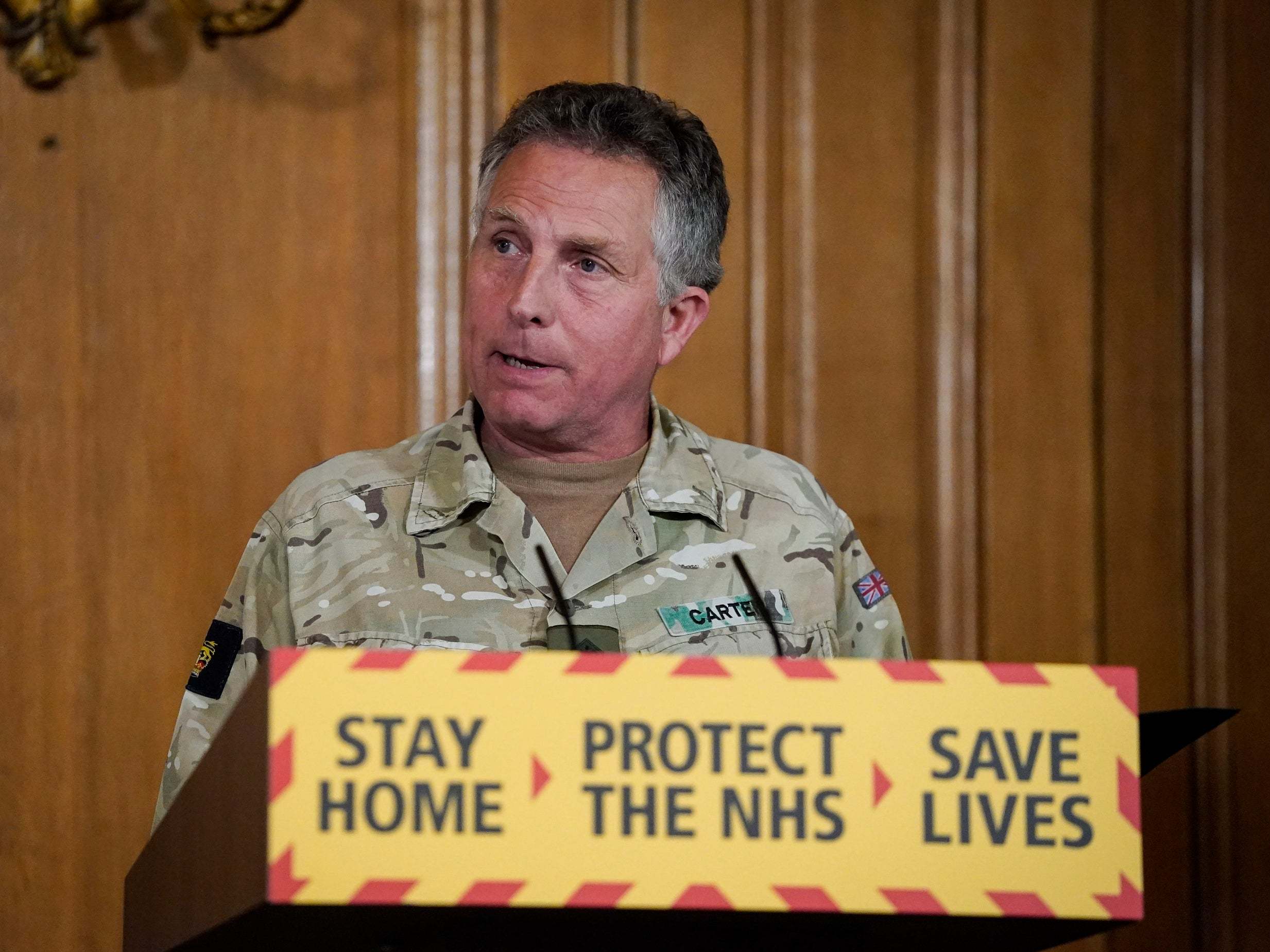Senior military commanders promise to stamp out ‘laddish culture’ in British forces
Military commits to improving treatment of women and Bame soldiers

Your support helps us to tell the story
From reproductive rights to climate change to Big Tech, The Independent is on the ground when the story is developing. Whether it's investigating the financials of Elon Musk's pro-Trump PAC or producing our latest documentary, 'The A Word', which shines a light on the American women fighting for reproductive rights, we know how important it is to parse out the facts from the messaging.
At such a critical moment in US history, we need reporters on the ground. Your donation allows us to keep sending journalists to speak to both sides of the story.
The Independent is trusted by Americans across the entire political spectrum. And unlike many other quality news outlets, we choose not to lock Americans out of our reporting and analysis with paywalls. We believe quality journalism should be available to everyone, paid for by those who can afford it.
Your support makes all the difference.The most senior commanders in the British military have signed a covenant with “really tough commitments” in which they will hold themselves accountable for failure to deliver marked improvement in the treatment of women and ethnic minorities in the forces.
General Sir Nick Carter, the chief of the defence staff, told the Commons Defence Committee that it was “simply unacceptable” that there had been a failure to “move the dial” on stamping out “laddish culture” in the ranks.
“The thing that I think is really worrying particularly is the culture,” he said. “What I am looking for is people being judged on their moral courage and their ability to look after the people they have the privilege to command and to lead.
“If they do that I think we have got a much better chance of stamping out the laddish and, often much worse than that, thoroughly unacceptable behaviour that means that we undoubtedly push some of the really talented female, but also black, Asian and minority ethnic people that we have in the armed forces, out after only a few years.It is simply unacceptable that we are not moving the dial on this thing.”
Gen Carter’s comments follow a review last year, by Air Marshal Michael Wigston, which concluded that the forces were led by a “pack of middle-aged white men” resulting in unacceptable levels of bullying, sexism and racist behaviour.
The report was commissioned after a 17-year-old female soldier was allegedly sexually assaulted by six male soldiers.
Gen Carter said he wanted to carry out reforms even more wide ranging than those recommended in the Wigston report.
One urgent area of change, he said, was an overhaul of the service complaints system so that people who had the “moral courage” to make a complaint could be confident it would dealt with effectively.
“It is simply unacceptable at the moment that this complaints system is first of all far too slow to deliver an outcome and secondly by the time it does deliver an outcome it is often irrelevant in terms of the censure that comes with that outcome,” he said.
At the same time, he said, there needed to be “positive action” to reform the forces’ career structure so that women who took time out to have family were not “massively disadvantaged. It is simply unacceptable that in the top 150 or so of top general officers across the three services we only have three women. That doesn’t provide enough role models,” he said.
“We have a career structure that is still designed predominantly for men. The reality is that we have to change the career structure so that those with genuine long-term potential are able to satisfy their family needs as well as going on to realise their military potential.”
Join our commenting forum
Join thought-provoking conversations, follow other Independent readers and see their replies
0Comments